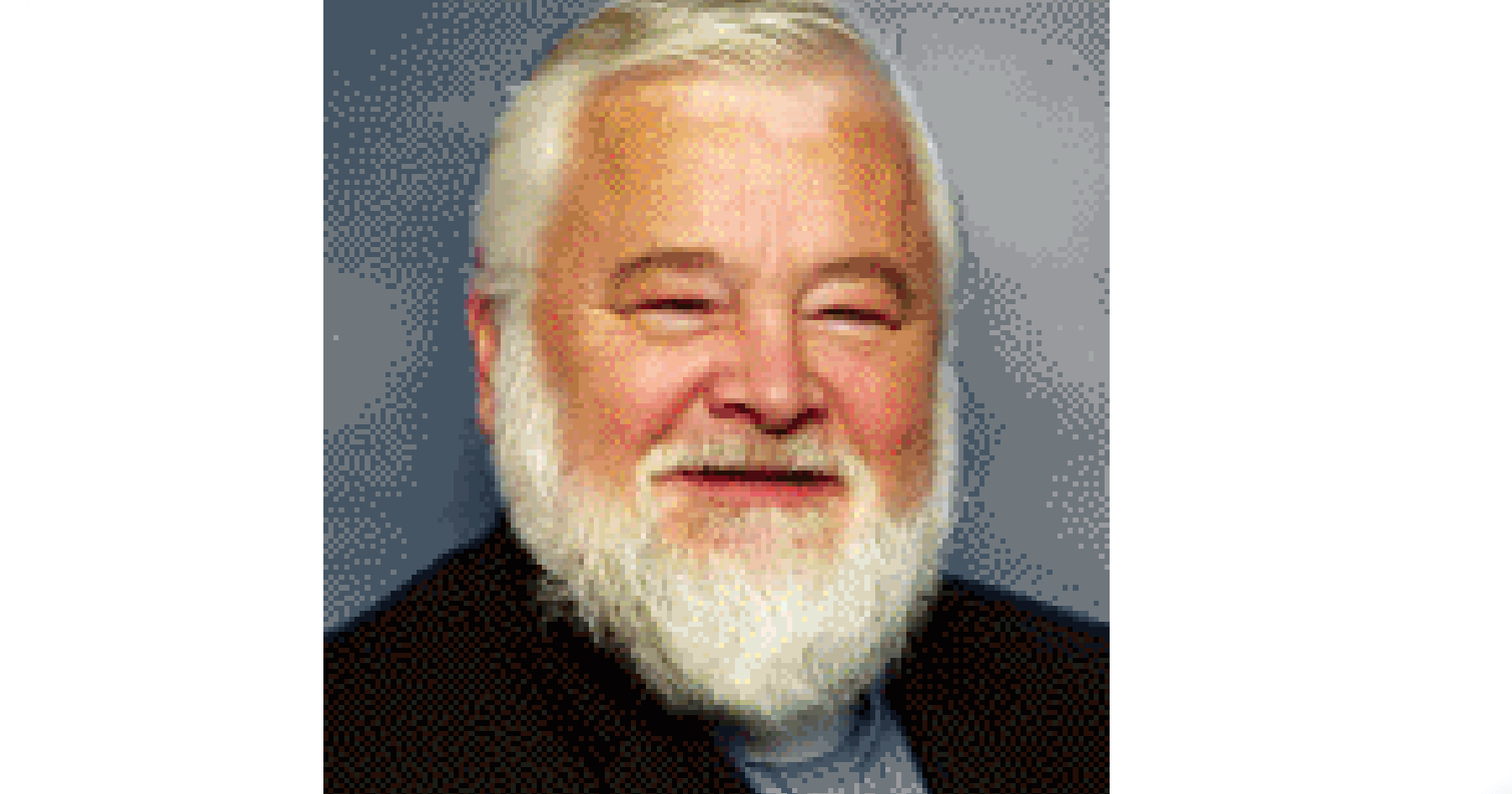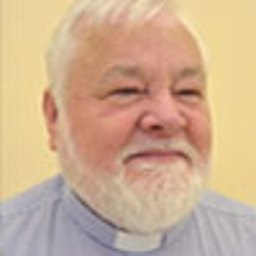I’m a huge fan of Louise Penny’s novels, which are set in the village of Three Pines in the Eastern Townships of Quebec. Armand Gamache of the Sureté de Québec is surrounded by a community of quirky, cranky, and lovable people who make their home in Three Pines. Penny plumbs the depths of human experience and emotion, as she weaves her wonderful tales. Each eagerly awaited new novel (her 18th is due in November) transports me into this community of people who are equal parts wonderful, broken, baffling, flawed, and deeply human, beings.
Gamache is deeply aware of both his strengths and his weaknesses. He lives by “four sentences which can lead to wisdom,” and shares them often with his younger proteges, who can do with them as they wish.
Four brief sentences — “I’m sorry. I was wrong. I don’t know. I need help.” Those words have become like a mantra to me, a “credo” if you will. Whenever I lose my way, I return to these four brief sentences.
“I’m sorry.”
We’ve all hurt other people. None of us is perfect. We are broken, fallible, imperfect, faulty people. When we say “I’m sorry,” we acknowledge that we have done something hurtful and at the same time affirm that the other person has a right to be hurt. We apologize in a simple and direct way. We don’t try to excuse our behaviour. There is no “but” at the end of our apology. We don’t try to justify our actions. We simply say, “I’m sorry.”
“I was wrong.”
There is power in admitting our failures. We humbly recognize our errors, learn from them, and move on. None of us has a full handle on the truth, and we all get it wrong at one time or another.
Sometimes, we may not be wrong in the position we hold, but we may be wrong in attributing false motives to those with whom we disagree. We can be wrong when we are unkind, or unloving, or when we fail to show compassion towards others. Imagine the power of admitting our error and renewing a broken relationship.
“I don’t know.”
This is one of the reasons we need each other. When we engage in respectful dialogue, we will come closer to the truth. Saying “I don’t know” opens us up to the possibility of learning. We
acknowledge our limited perspective and engage in open and respectful dialogue with people who think, believe, and behave differently.
What a miracle that would be in this time when we so easily take offense at other people. What a miracle it would be for our national life if people in different parties could pool their knowledge and perspectives and come up with a way of governing which would benefit everyone.
“I need help.”
It’s hard for us to ask for help. It’s especially hard for those who are in the helping professions to ask. It’s hard to admit that we can’t do it alone, but it is a necessary thing. There was a time when I thought I had to do it all by myself. That was the time I fell into a clinical depression. The times when I was able to honestly admit that I needed help were the times when my life blossomed in a whole new way.
“I’m sorry. I was wrong. I don’t know. I need help.”
Four simple sentences. Four difficult sentences to live out. The beginning of wisdom.




